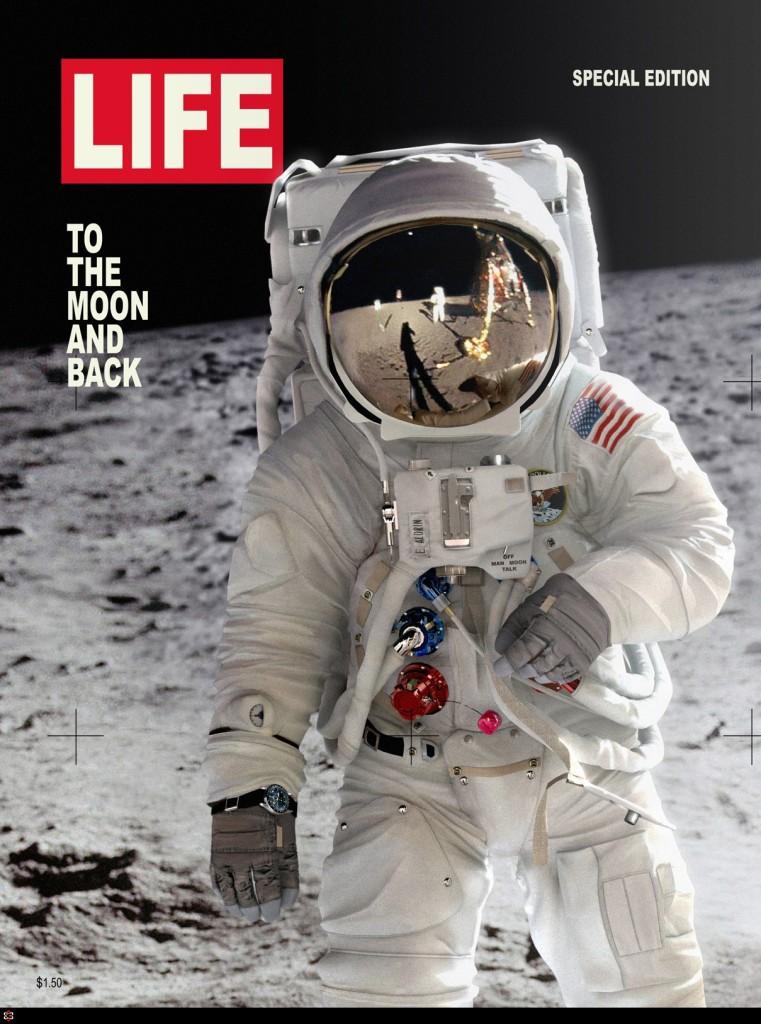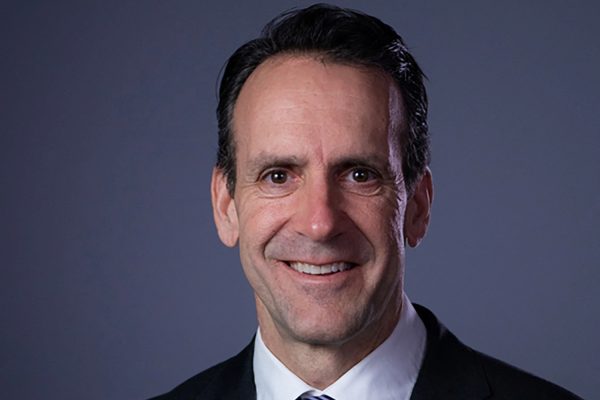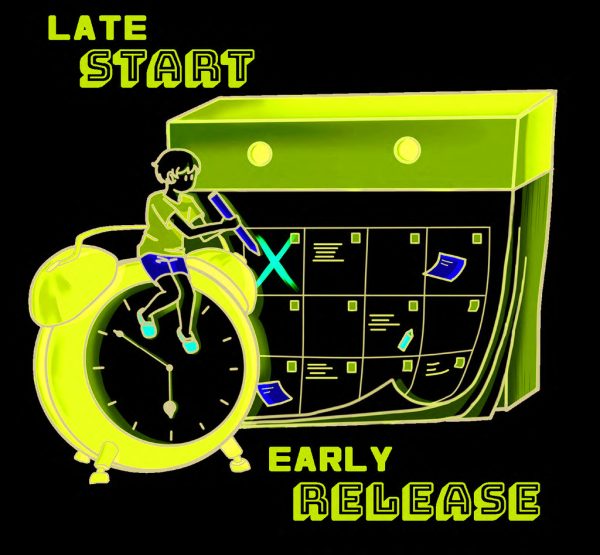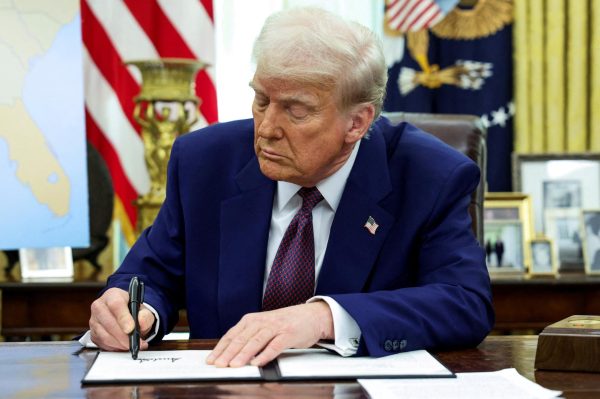Pushing for the final frontier for democracy
How the space race came to be and how Kennedy pushed for it
From 1945 to 1991, the Cold War dominated international affairs. The global competition between the United States and the Soviet Union took many forms- political, economic, ideological, and cultural.
There were numerous issues that the underground battle between Communism and Democracy brought to the fore, not even including the Korean and Vietnam Wars.
One of those issues came to a head in 1957 when the Soviet Union successfully launched a satellite, Sputnik, into space to orbit Earth. In response, Congress put together the National Aeronautics and Space Administration or NASA as it’s known, on the recommendation of Dwight D. Eisenhower.
He fathomed that, considering the Soviet Union’s obvious superiority in the space race such a program was needed to promote the nation’s affairs, especially at a time where every weakness would potentially promote the “advantages of tight, totalitarian control”.
The program that would materialize at first was the Mercury Project, which would focus simply on getting a man into the atmosphere. Other plans would be set in motion but would have little success without the support that they needed but lacked from the government.
When John F. Kennedy was elected, the space program’s personnel were further disheartened. Kennedy had a mind to dismantle the liaison group that connected the White House to NASA, that being the National Aeronautics Space Council or NASC.
That all ended when Soviet Russia sent a man, Yuri Gagarin, into space on the Vostok and then returned him safely. It was an immense political victory for patriotism and world respect for Soviet Russia with words like this coming from Gagarin, “While in outer space I was thinking about our party and our homeland.”
What was immediately realized was that the space program was a thing of national pride and adoration.
After the success of Alan Shepard’s ride on the Freedom 7, April 12, 1961, into the atmosphere, Kennedy-with advisement from generally everyone that he could ask-put his full political influence behind the space program, through his famous speeches, both at Rice University and In front of the U.S. Congress.
“Well, space is there, and we’re going to climb it, and the moon and the planets are there, and new hopes for knowledge and peace are there,” says Kennedy at the at Rice University on September 12, 1962, “and, therefore, as we set sail we ask God’s blessing on the most hazardous and dangerous and greatest adventure on which man has ever embarked.”
The money and support that NASA had always needed began to pour in and they progressed with dizzying speed, leading to the nearly continual success of the American space program.







